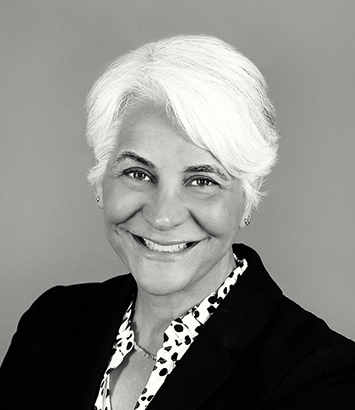Dinsmore's Beth Collis Speaks on Seriousness of Medical Board Investigations

Dinsmore health care attorney Beth Collis recently spoke with Medscape for an article entitled "Dangers of a Medical Board Investigation: How to Protect Yourself." She offered some tips for the potential target of an investigation on how to conduct oneself through the process. Read her thoughts below.
Whether the initial contact comes through a letter or a visit from a board investigator, it should be treated with urgency. Ohio attorney Beth Collis said one client angrily scrawled one-word answers with a Sharpie on the questionnaire he was mailed — answers he was stuck defending throughout the rest of the investigation. Other doctors have ordered investigators out of their offices — another mistake. Failure to cooperate can result in an immediate license suspension.

"They should be speaking to these investigators like they were talking to a highway patrolman on the side of the road. They hold all the cards," said Collis, who specializes in representing professionals before licensing boards.
Some physicians mistakenly assume that because their state board is made up mostly of fellow doctors, they will be able to make a complaint go away with some collegial chat.
Not so. "Medical board members see themselves as protecting the public. They're very punitive," Collis said.
...
Typically, a hearing is held before a subcommittee of the board, which can recommend a settlement to the full panel. Cases in which a settlement is not reached can go before the entire board.
Although full hearings can be similar to a trial, there are crucial differences regarding evidentiary rules and other matters, Collis said. For example, in Ohio, defendant physicians do not get to see the board's full case against them before the hearing, which can make preparing a defense difficult. And the standard for burden of proof is a preponderance of evidence, as in civil suits, not evidence beyond a reasonable doubt, as in a criminal trial.
To read the full article, click here.

